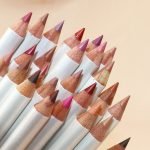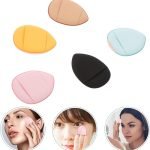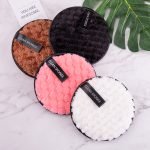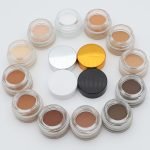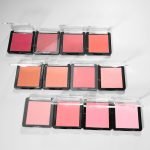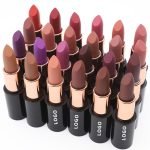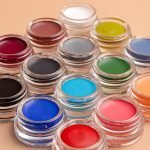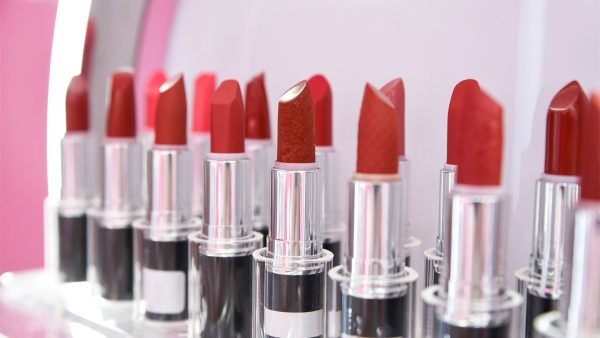Creat a beauty brand from the ground up is very demanding. There are many things you must do, even just in terms of brainstorming what your brand is going to be like and what products you want to sell under your label. And one of the most grueling tasks is finding the right supplier for your cosmetics goods.
Choosing to collaborate with a private label partner is a terrific, strategic decision many aspiring entrepreneurs take to make manufacturing their makeup products easier.
After all, your products have to come from somewhere, right? So, if your goal is to create an effective and profitable private label cosmetics business, why not get a private label manufacturer with expertise in beauty to help you out?
Choosing the Right Private Label Manufacturer Matters a Lot
When choosing a private label cosmetics supplier, it’s important to consider factors such as:
- quality
- pricing
- turnaround time
- minimum order requirements
- range of products
- reputation in the industry
- level of customization
- branding and packaging design
How to Find the Perfect Cosmetics Manufacturer 7 Tips
Private label cosmetic manufacturing has grown in popularity because you can create products with little effort and investment. This concept might sound easy; however, the process involved is not. The first step is to choose the best manufacturer if you want a private label. The question is, how? you should consider these 7 options:
1.Research several different private label cosmetic companies
If you want your brand to stand out from others, private labeling could be the best option for a small niche. However, this isn’t always an easy task. Choosing the wrong private label supplier to cooperate with might cost you more than you thought.
But what does it mean to private label my product line?
A contract or a third-party manufacturer creates a product, and a retailer brand sells the products on the market.
Where can you find different cosmetic private label companies?
With your niche clearly defined, use the keyword “private label” and start to assemble all the results that pop up in your Google search. Then, summarize and contact all the potential suppliers compiled into a list.
Think about a few factors when you’re doing the research:
Who will match your business needs?
Who will fit your business style?
Where do they manufacture the products?
Read on to see what factors you should consider when choosing quality cosmetics for your private label brand.
2.Search and read online reviews about cosmetics supplier
Customer reviews are worth their weight in gold and you can draw valuable conclusions from the successes and failures of others.Therefore, always look at reviews and customer feedback first.A quick phone call with other customers of the manufacturer can quickly determine whether it is worth working with the cosmetics manufacturer.
3.Ask the cosmetics supplier for product samples
Most serious cosmetic manufacturers are willing to send you, the potential customer, various product samples.After you have narrowed down the manufacturers according to your needs, you can request product samples according to your interests.You can only know the actual quality of a manufacturer by testing out their products.
Especially in the case of a private label production, the products should meet your requirements and represent your name in the best possible way.Because you only have limited choices to adjust the already existing products to your need
4.Cosmetic certification standards
In the US, the FDA (Food and Drug Administration) checks for the quality of production in different industries, including food, pharma and cosmetics. Their strict guidelines for labeling cosmetic products don’t support any unsafe cosmetics that don’t pass safety inspection.
It goes the same with private label cosmetics companies’ products.
Ensure that the private label supplier you’re choosing follows good manufacturing standards and uses high-quality ingredients. The manufacturer should produce products that abide by FDA guidelines and have the cosmetic certifications to prove it.
5.Low minimum order requirements
The entire cost of production is another vital factor to consider, especially during the beginning of your business , and it’s hard to place a large order with that tight budget. A minimum order, as a result, might lead to high capital and more risks in the future. To earn a reasonable price, follow these two steps:
First, think about what minimum order quantities you’re willing to pay for. Even yet, can they do no minimums on every order? Most manufacturers have significant order minimums, or MOQ on their production.
6.Quality Materials
There’s no “one-ingredient-fits-all” skin type. To produce good beauty products, guarantee the quality of the manufacturer’s sources. Do they use domestic or overseas materials? Are their materials clean, cruelty-free, or vegan?
It’s better to focus on producing cosmetics for specific target customers. After all, you can’t please everyone! Even if your favorite supplier can create vegan products, but perhaps they’re not all organic, you can target the niche market obsessed with vegan, cruelty-free products.
7.Levels of service
Private label suppliers will offer services depending on your budget. Most private label products allow for limited customization but will enable the business to brand and label the packaging and product, giving it a unique look and feel.
For example, can offer multi-color logos to print on both product packaging and box. With further customizations for your products, you’re going to create a line that matches your brand.







